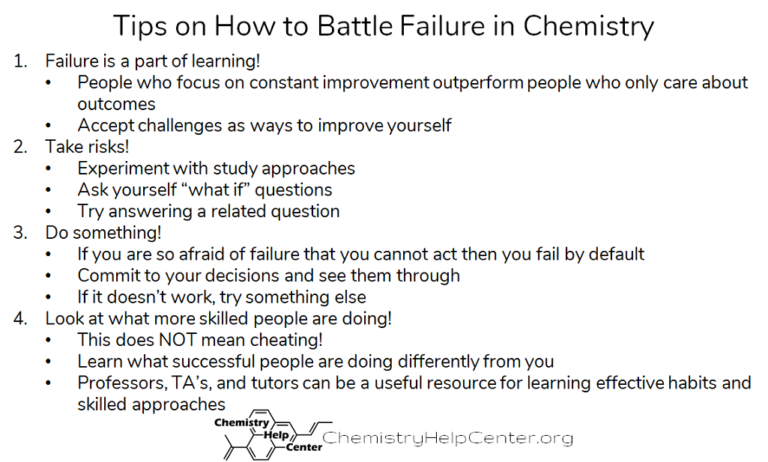The Role of Memorization in Chemistry Classes

Demystifying the Misconception
The perception that science, and particularly chemistry, is predominantly about memorizing vast amounts of data is a misrepresentation of the subject. Science is about understanding, questioning, and forming a coherent picture from fragmented pieces of information. It’s about recognizing patterns and deciphering the mysteries of nature.
Embracing the Scientific Method
Chemistry, like all sciences, is fundamentally rooted in the scientific method. This process involves observing a phenomenon, asking questions, formulating a hypothesis, testing through experiments, analyzing results, and concluding. For instance, if one is curious about how temperature affects the solubility of a solute in a solvent, they’d start by dissolving varying amounts of the solute at different temperatures and observing the results. The aim isn’t to remember every temperature and solubility value but to recognize and understand the relationship between them.
The Convenience of Memorization in a Digital Age
In today’s digital era, with a world of information at our fingertips, why should we bother memorizing anything at all? Although it’s true that most facts can be instantly retrieved online, constant reliance on this can become a major inefficiency, especially in time-sensitive scenarios such as exams. Time spent flipping through pages or searching for basic chemical properties online could be better utilized analyzing and solving problems.

Useful Memorization in Chemistry Classes
For General Chemistry:
- Atomic masses of frequently used elements (e.g., Carbon, Oxygen, Hydrogen).
- Key formulas: pH calculations, Gibbs free energy equations, Arrhenius equation, etc.
For Organic Chemistry:
- pKa values of common functional groups.
- Typical NMR shifts.
- Positions of signals in the IR spectrum.
- Complex mechanisms such as Swern oxidation or aldol condensation.
Strategies for Effective Memorization
- Flash Cards: A proven method. Write questions or terms on one side and answers or explanations on the other.
- Strategic Placements: Create lists and place them around your living space. Glancing at them during daily routines like brushing teeth or making coffee reinforces memory.
- Teaching Others: Explaining concepts to peers or even to an imaginary audience can reinforce your understanding and memory.

In Summary: A Balanced Approach
While it’s crucial to stress that understanding should always take precedence over rote memorization in subjects like chemistry, there’s no denying that memorizing certain key facts can significantly speed up problem-solving and reduce the burden during exams. Embrace memorization as a tool, not as the core of your learning journey.







